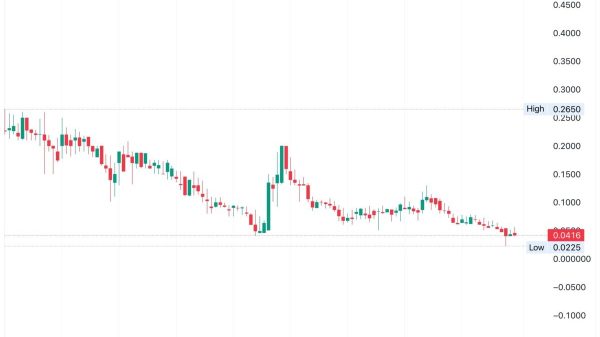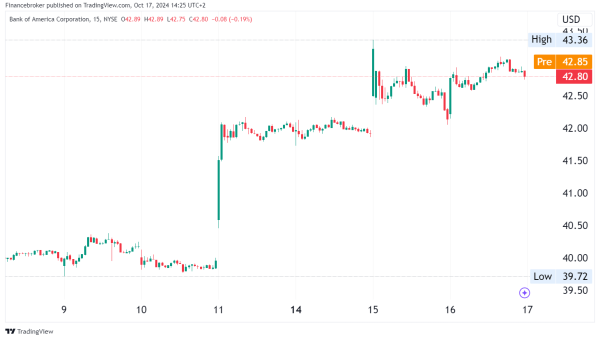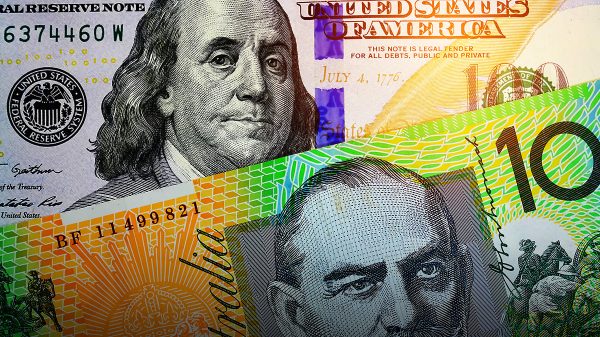
Did you open a CD with a stellar APY only to have it called back before its maturity date? If you have what’s known as a “callable CD,” you may not have actually locked in that high CD rate for the entire term.
Typically, callable CDs offer higher rates than traditional CDs, but they require more investment strategy. Getting the highest yield possible may sound like a great reason to open a callable CD — until the bank redeems your CD far before its maturity date, leaving you to open another account at a lower rate.
Didn’t read the fine print and had your CD “called” back unexpectedly? Here’s what you need to know about callable CDs.
What is a callable CD?
Callable CDs are similar to traditional CDs, but there is one key difference. Callable CDs let the bank or brokerage firm call back your CD before its official maturity date. You will still receive your entire principal and any interest you have earned until that point, but you’ll miss out on future earning potential. Often, callable CDs have longer terms than traditional CDs, with maturities usually ranging from 15 to 20 years.
When savings rates fall, a bank is more likely to call back a CD. If you open the CD with a 5% interest rate and rates have fallen significantly since then, it’s not in the bank’s best interest to pay that 5% rate. On the other hand, if rates increase, your CD is less likely to be called.
Rates on savings accounts have been steadily dropping, especially after the Fed’s September meeting, when it cut interest rates for the first time in four years. Back in 2022, when the Fed began its rate-hiking campaign, savings rates skyrocketed, leading to a surge in popularity among CD accounts. However, as inflation cooled, the Fed paused rate hikes before eventually cutting rates by 50 basis points, which caused yields on CD accounts to fall significantly.
To browse current rates on traditional CD accounts, use our tool below, powered by Bankrate.
However, the bank can’t call a CD until the call protection period has ended. The call protection period is the timeframe from when you open the account until the issuer can call back the CD, which can range from a few months to a few years, depending on the maturity of the account.
Bottom line
While callable CDs offer higher rates than traditional CD accounts, they have one huge caveat — the bank can revoke the CD before its set maturity day, which is typically done when rates fall. And rates have been on the decline in recent months. So before you open a CD, be sure to read the fine print, or you could miss out on future earnings. And if you do decide to open a callable CD, ensure you have an investment strategy in place for when it gets called.


























